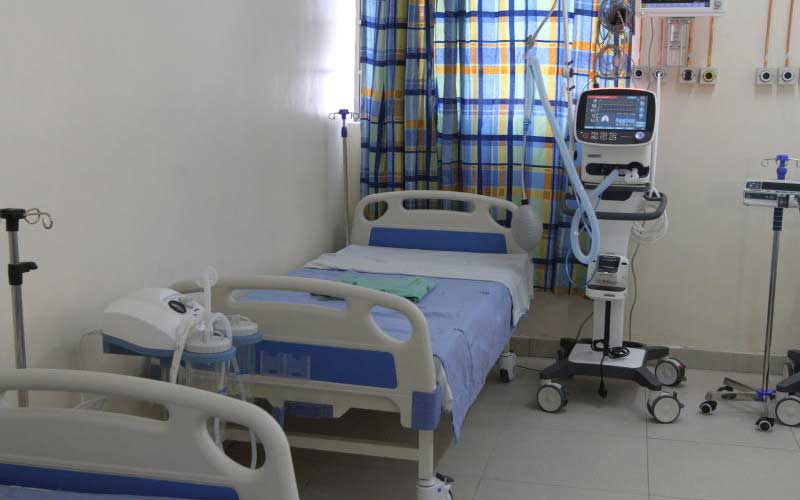×
The Standard e-Paper
Fearless, Trusted News

President Uhuru Kenyatta’s announcement that a patient with coronavirus had recovered was a much-needed ray of hope for a country anxious about the pandemic.
It was welcome news on a day the number of confirmed cases rose by three to 28. The country has not recorded any deaths since the first case was announced on March 13.